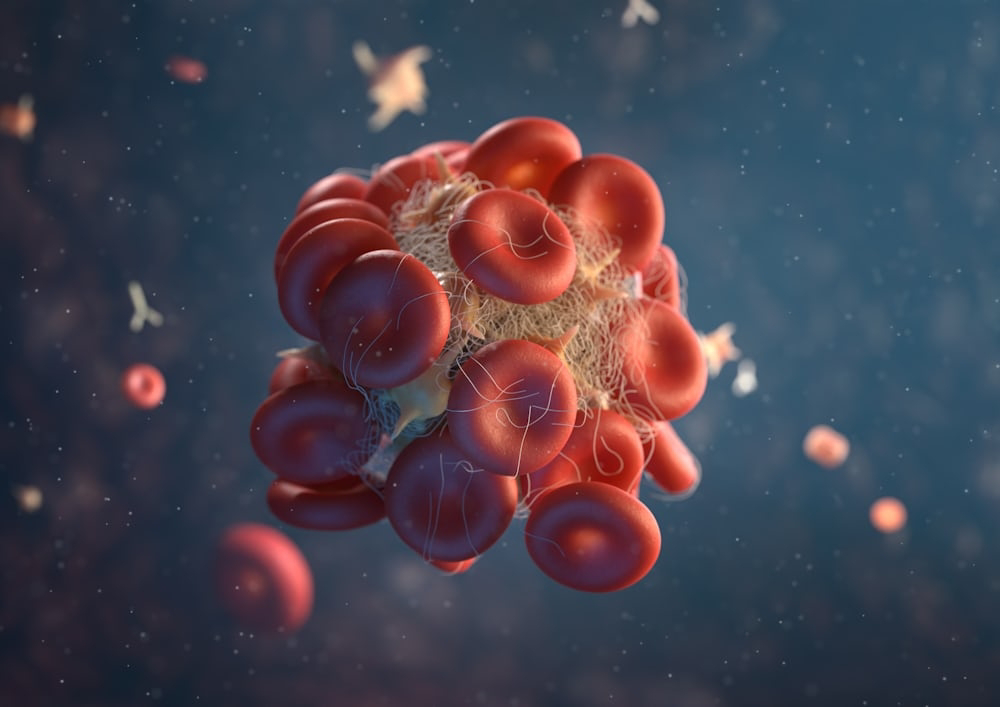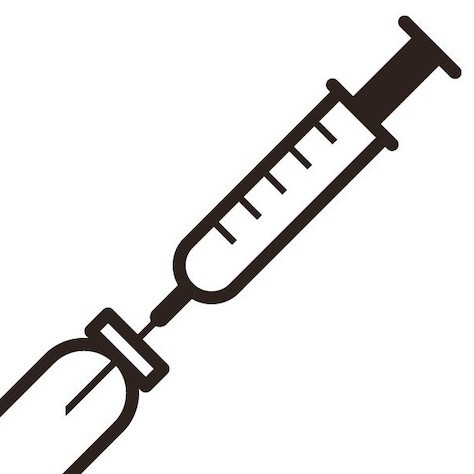The Growing Influence of Social Media on Youth and the Push Towards Testosterone Replacement Therapy (TRT)
In recent years, the rise of social media has profoundly impacted various aspects of our lives, from how we communicate to how we perceive ourselves. One of the emerging trends, particularly among young men, is the increasing discussion and promotion of Testosterone Replacement Therapy (TRT). While TRT is a legitimate treatment for men suffering from low testosterone levels, social media has created a landscape where its usage is being encouraged among young people who might not need it.
The Rise of Influencer Culture and TRT
Influencer culture plays a significant role in shaping the opinions and behaviors of the younger generation. Fitness influencers, bodybuilders, and even some medical professionals use platforms like Instagram, TikTok, and YouTube to share their personal experiences with TRT. These influencers often highlight the benefits of increased muscle mass, improved energy levels, and enhanced mood, creating an aspirational narrative around TRT.
The Appeal of the Influencers
Physique and Performance: Influencers with impressive physiques often attribute their success to TRT, suggesting that the therapy has given them an edge. For young men who idolize these figures, TRT becomes a shortcut to achieving similar results.
Relatability and Trust: Influencers often present themselves as relatable figures, sharing personal stories and struggles. When they endorse TRT, they frame it as a solution to common problems like low energy or lack of motivation, making it seem like a viable option for anyone experiencing these issues.
Visibility and Engagement: Social media algorithms favor engaging content, and transformations involving TRT often receive significant attention. This visibility amplifies the message and reaches a wider audience, increasing the likelihood of young people considering TRT.
The Misleading Nature of Social Media
While social media can be a source of valuable information, it is also prone to spreading misinformation and oversimplification, particularly concerning medical treatments like TRT.
Overemphasis on Benefits, Underreporting Risks
Selective Narratives: Many influencers focus on the positive aspects of TRT, downplaying or neglecting the potential risks and side effects. This selective narrative can mislead young people into believing that TRT is a risk-free, magical solution.
Lack of Medical Context: TRT is a medical treatment intended for individuals with clinically diagnosed low testosterone levels. However, social media discussions often lack this critical context, promoting TRT as suitable for anyone seeking physical and mental enhancement.
Unregulated Advice: Influencers are not always medical professionals. The advice they provide can be unregulated and potentially harmful. Following such advice without proper medical consultation can lead to serious health issues.
The Psychological Impact on Young People
The constant exposure to idealized body images and success stories associated with TRT can have a profound psychological impact on young people.
Body Image Issues
Comparison Culture: Social media fosters a culture of comparison, where young people measure their worth against the often unattainable standards set by influencers. This can lead to body dissatisfaction and the desire to seek quick fixes like TRT.
Pressure to Conform: The pervasive promotion of TRT can create pressure among young men to conform to certain physical ideals, pushing them to consider medical treatments prematurely.
Mental Health Concerns
Anxiety and Depression: The gap between their current state and the idealized images they see can lead to anxiety and depression. The belief that TRT can bridge this gap may drive them to seek it without fully understanding the implications.
Identity and Self-worth: Young people may start to associate their self-worth with their physical appearance and performance, neglecting other aspects of their identity. This can create an unhealthy fixation on treatments like TRT.
The Need for Responsible Social Media Use
Given the significant influence of social media, there is a pressing need for responsible use and dissemination of information, especially regarding medical treatments like TRT.
Role of Influencers
Transparency and Honesty: Influencers should strive for transparency, sharing both the benefits and risks of TRT. They should emphasize the importance of medical consultation and the fact that TRT is not suitable for everyone.
Promoting Healthy Lifestyles: Instead of focusing solely on TRT, influencers can promote holistic approaches to health and fitness, including proper nutrition, exercise, and mental well-being.
Role of Social Media Platforms
Content Regulation: Social media platforms can implement stricter regulations on medical advice, ensuring that only qualified professionals provide such guidance.
Educational Campaigns: Platforms can collaborate with health organizations to run educational campaigns, raising awareness about the appropriate use of TRT and the importance of medical supervision.
Role of Healthcare Professionals
Engagement with Social Media: Healthcare professionals can engage with social media to provide accurate information and counteract misinformation. They can create content that educates young people about the risks and benefits of TRT.
Consultation and Guidance: Medical professionals should emphasize the importance of proper diagnosis and consultation before considering TRT, discouraging self-medication based on social media advice.
The influence of social media on the younger generation is undeniable, and its role in promoting TRT is a growing concern. While TRT has legitimate uses, its promotion on social media often lacks the necessary medical context and oversight, potentially leading young people to make uninformed and risky decisions. By fostering responsible use of social media and promoting accurate, balanced information, we can help ensure that young people make health choices based on sound medical advice rather than social media trends.







Comments
Post a Comment